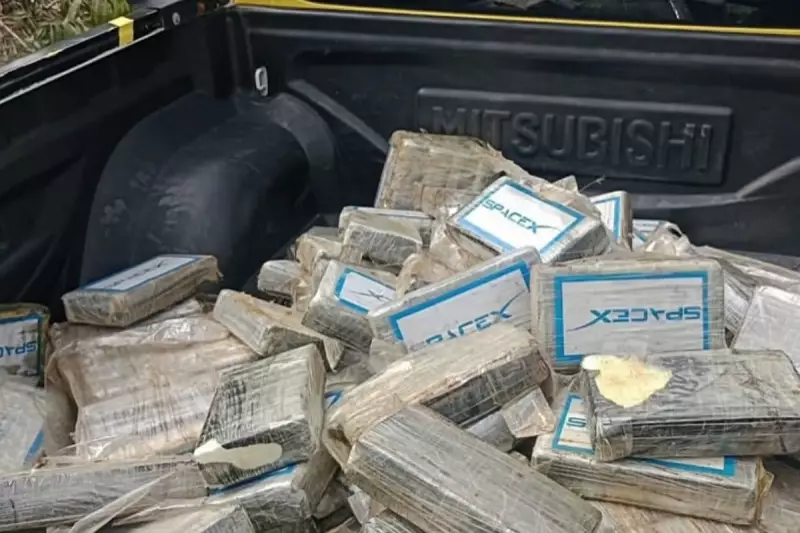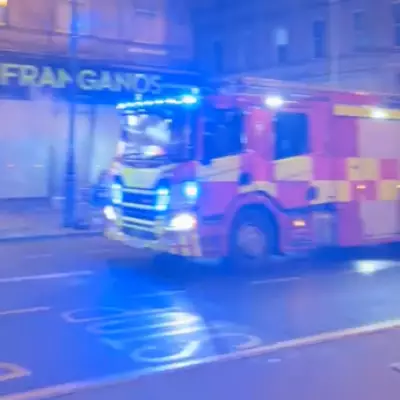
In a story that seems ripped from a Hollywood thriller, a Brazilian pilot's alleged attempt to fly a stolen aircraft into the stratosphere while under the influence of cocaine ended in a fatal and fiery crash.
The bizarre incident, which occurred in the rural expanses of Brazil's Mato Grosso do Sul state, has left authorities grappling with a tale of narcotics, aviation, and a misguided ambition to touch the void of space.
A Fatal Flight and a Shocking Discovery
According to official reports, the pilot, identified as 36-year-old Rogerio Henriques da Silva, illicitly took control of a Cessna 210 single-engine plane from a local flying club. His purported mission: to reach an altitude he believed would qualify as 'space'.
Witnesses on the ground reported the aircraft performing erratic and dangerous manoeuvres before it tragically plummeted to the earth, erupting into a ball of flame upon impact. There were no survivors.
The investigation took a sinister turn upon inspection of the wreckage. Police discovered not just the remains of the aircraft, but also a significant quantity of cocaine, estimated to be worth a substantial sum on the black market.
Cocaine, Confusion, and a Misguided Mission
Authorities swiftly concluded that the pilot was likely intoxicated at the time of the ill-fated flight. A preliminary toxicology report and evidence found at the scene pointed strongly to cocaine use, which would explain the audacious and perilous nature of the flight plan.
Brazilian media outlets have been rife with speculation, with some sources close to the investigation suggesting the pilot may have been inspired by the high-profile achievements of commercial space companies like Elon Musk's SpaceX. This has led to the tragic event being colloquially dubbed the 'SpaceX cocaine crash' in some circles, though the company has no connection to the incident whatsoever.
The discovery of the drugs has opened a parallel investigation into potential drug smuggling operations in the region, questioning whether the flight had an ulterior motive beyond the pilot's personal ambitions.
Community in Shock and Ongoing Investigations
The aviation community and local residents have been left reeling by the event. The flying club from which the plane was stolen expressed its profound shock and condolences, emphasising that strict security protocols were in place and the theft was a malicious, isolated act.
Brazil's National Civil Aviation Agency, alongside federal police, continues to investigate the full circumstances surrounding the crash. Key questions remain about how the plane was accessed, the exact sequence of events in the air, and the intended destination of the narcotics found on board.
This incident serves as a grim reminder of the devastating consequences that can arise from the intersection of substance abuse and aviation.





